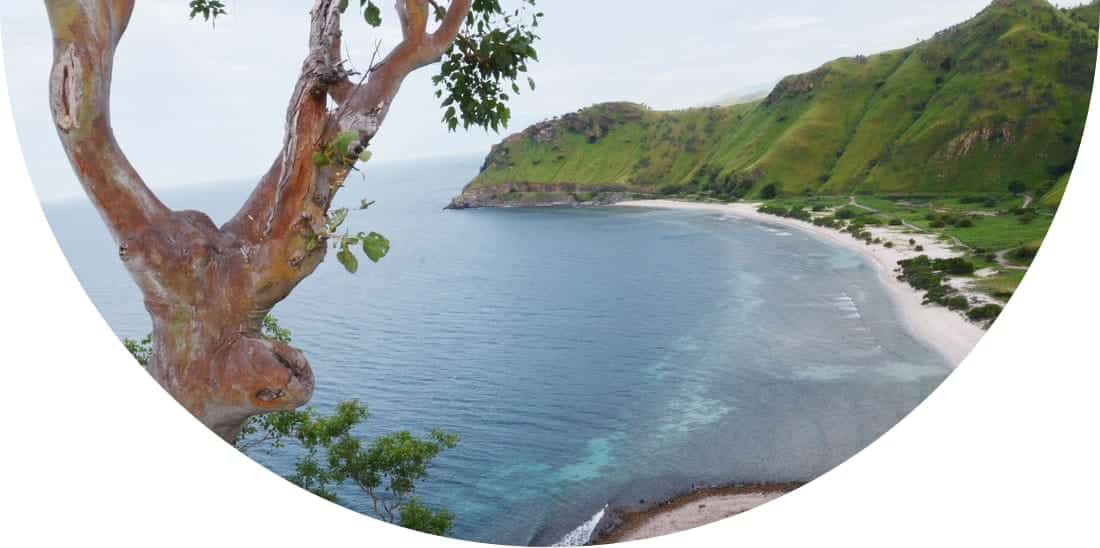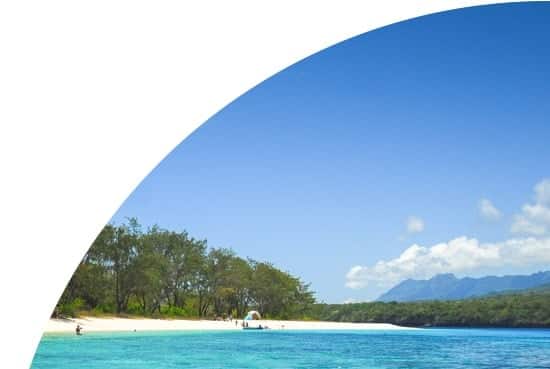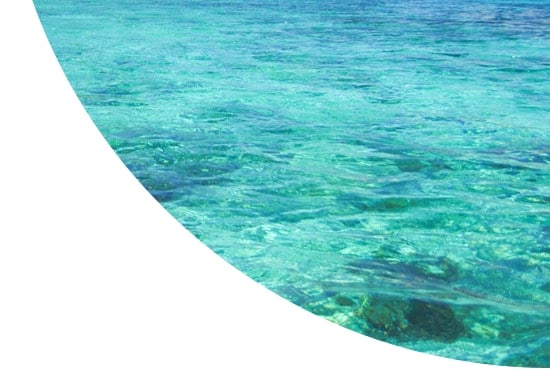Scrub typhus, also known as bush typhus, is a bacterial disease that is spread to people through bites of infected chiggers (larval mites). Common symptoms include fever, headache, body aches, and sometimes rash. It can usually be treated with antibiotics, however people with severe illness may develop organ failure and bleeding, which can be fatal if left untreated.


Travel Vaccinations for East Timor
Recommended Vaccines for East Timor
The level of protection needed depends on your medical history and travel itinerary. Book now to get a personalised recommendation from our specialist travel nurses. The consultation costs £20 plus any vaccines you decide to take.
Flexible appointments with no upfront payment
Book Now
Destination Information for East Timor
East Timor, as its name suggests, occupies the Eastern half of the island of Timor, in Southeast Asia. This former Portuguese colony was invaded and occupied by Indonesia in 1975, before finally gaining its independence in 2002, under the official name Democratic Republic of Timor-Leste. UN Peacekeeping troops were only withdrawn as recently as 2012. Despite its difficult and tragic history, this is a beautiful country, perfect for hiking and exploring true hidden gems which remain unaffected by tourism.
Visitors to East Timor can experience world-class trekking, such as at Mt. Matebian and Mt. Kablaki in the centre of the island. Birdwatchers come to East Timor to spot some of the 260 species of birds including the elusive Timor Bush Warbler. There is also stunning marine life and excellent diving conditions, which is a major draw for tourists. In every town you will find a market offering locally produced goods and crafts, including fruit, coffee and handwoven cloth.
The tropical climate of East Timor is hot and humid, with a dry season from June to October, and a wet season from November to May, and temperatures averaging 30ºC all year. It can be difficult to travel during the wet season due to road damage from the rain.
Infections and Outbreaks frequently change from country to country and by attending our clinics you will be given the most up to date clinical and safety advice from our team of specialists. Our advice to you often includes aspects such as:
- Food and water hygiene
- Insect and animal bite avoidances
- Personal safety
- Sexually transmitted infections
- Sun protection
- Altitude sickness
Malaria and regions within country:
There is a high risk of P.Falciparum malaria throughout the country and anti-malarial medication is recommended.
Non Vaccinated Diseases
Additional Health Risks Information for East Timor
If you’re travelling to East Timor, it’s important to be aware of your personal safety at all times. Although this is a beautiful country, crime is a continual problem here, and gang-related violence and attacks targeting tourists are sadly commonplace. Avoid carrying or displaying valuables, travel as part of an organised tour if possible, and stick to travelling during the day or on well-lit, well-used routes. The capital, Dili, is an area where tourists are advised to be particularly vigilant. Dili and its beaches is also home for crocodiles, so take care if you plan to go for a dip! Travellers who may go into areas of high altitude should take care to avoid ill effects of being at altitude including Acute Mountain Sickness.
For visitors heading to rural East Timor to explore the stunning wildlife and trekking opportunities, be aware that there is a risk of unexploded bombs and mines from WWII and the Indonesian occupation. Roads, vehicles and driving standards in East Timor are poor quality and poorly maintained. Outside of the capital it is advisable to travel in a group even when in vehicles, as a convoy. All roads tend to be single track, mountainous routes, which can be extremely hazardous depending on the weather conditions.
The rainy season in East Timor is from November to April, during this time, driving conditions will be even more difficult.
Malaria is present all year round, seek advice from your travel clinic to get the appropriate malaria tablets. There is likely to be an increase in dengue fever and Japanese Encephalitis so take extra precautions against mosquito bites, use 50% deet insect repellent over sunscreen to prevent dengue during the day. Discuss the option of vaccination against Japanese Encephalitis with a travel clinic before you travel.



